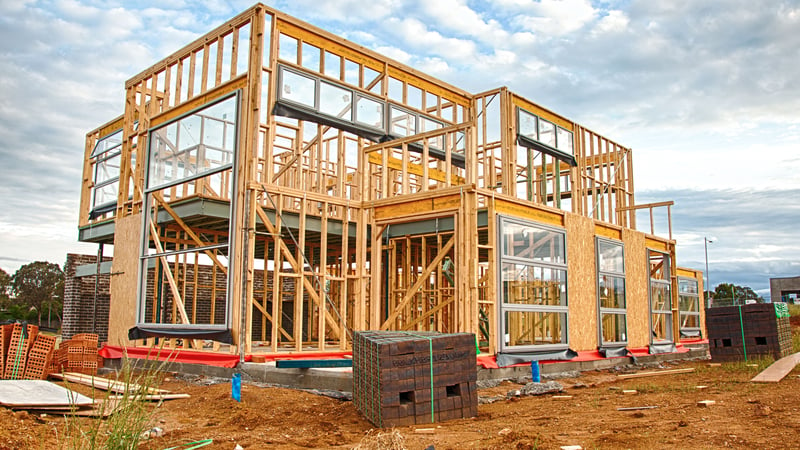
2016 was an interesting time for the global economy. U.S. equities were flat to negative, global oil prices declined and remained volatile, Japan’s interest rates turned negative, China’s corporate debt levels rose, and the U.K. exited the E.U.
These global trends have caused many investors to look toward real estate as an alternative investment. It’s important to understand the global real estate trends that we’ll face in 2017 and what they mean for your property investments:
Changes To The Economy
The IMF has revised global GDP growth down for its 2017 outlook as economic uncertainties continue to permeate through the world. Global market volatility has been aided by currency issues, declining overall exports, and low energy prices. This might cause a global economic decline. Specifically, the weakening growth in global exports might hamper the development of infrastructure investments around the world.
Debt Capital Market Retrenchment
The debt market for commercial real estate is declining. The U.S. is slowing its CRE lending and the CMBS market is cooling down. Further, insurance companies that usually invest in real estate are nearing their real estate allocation limits. The global lending environment in 2017 may become more restrictive. The competition for commercial investment capital will increase, allowing other lending institutions to enter the mix.

Urbanization
An increasing amount of people around the world are moving to higher density areas, drawing renters and homebuyers to more urbanized areas. This trend is caused by better transportation, city job growth, and new urban real estate centers. This has made real estate investors look toward developing mixed-use centers in urban areas. These developments offer city living that also includes retail and work spaces.
Energy Market
Energy is a market that has global implications. It’s comprised of some of the most important commodities to GDP and economic growth. The energy market - crude oil in particular - has been volatile throughout 2016 and are expected to remain volatile through 2017. As a result, many oil-dependent countries such as Saudi Arabia have had their national debt downgraded, restricting commercial real estate debt. Further, oil production in the U.S. is at its lowest level in 50 years. The volatility of the global energy market is affecting regional economies and real estate property values. Potential high energy demands in China might help bolster the energy market, but it still remains to be seen.

The Rise of Smaller Developers
The last housing crisis created labor scarcity as construction workers left the industry. These workers have been slow to return to the market, causing a shortage of construction workers. This has slowed down commercial real estate timelines and increased project costs. However, smaller developers have risen to fill the gap in real estate development productivity. Small and midsized developers are playing an increasingly significant role in the global real estate market.
By no means is this crystal ball gazing. It is important to have ‘what if’ scenarios built into your investment strategy. Bayesian Theory suggests that we allocate a percentage probability against each scenario and although it is guesswork, it still provides a better framework within which to make decisions.
Would you like to stay up to date with property trends? If so, our 'How To Property Invest' blog is full of useful hints.

